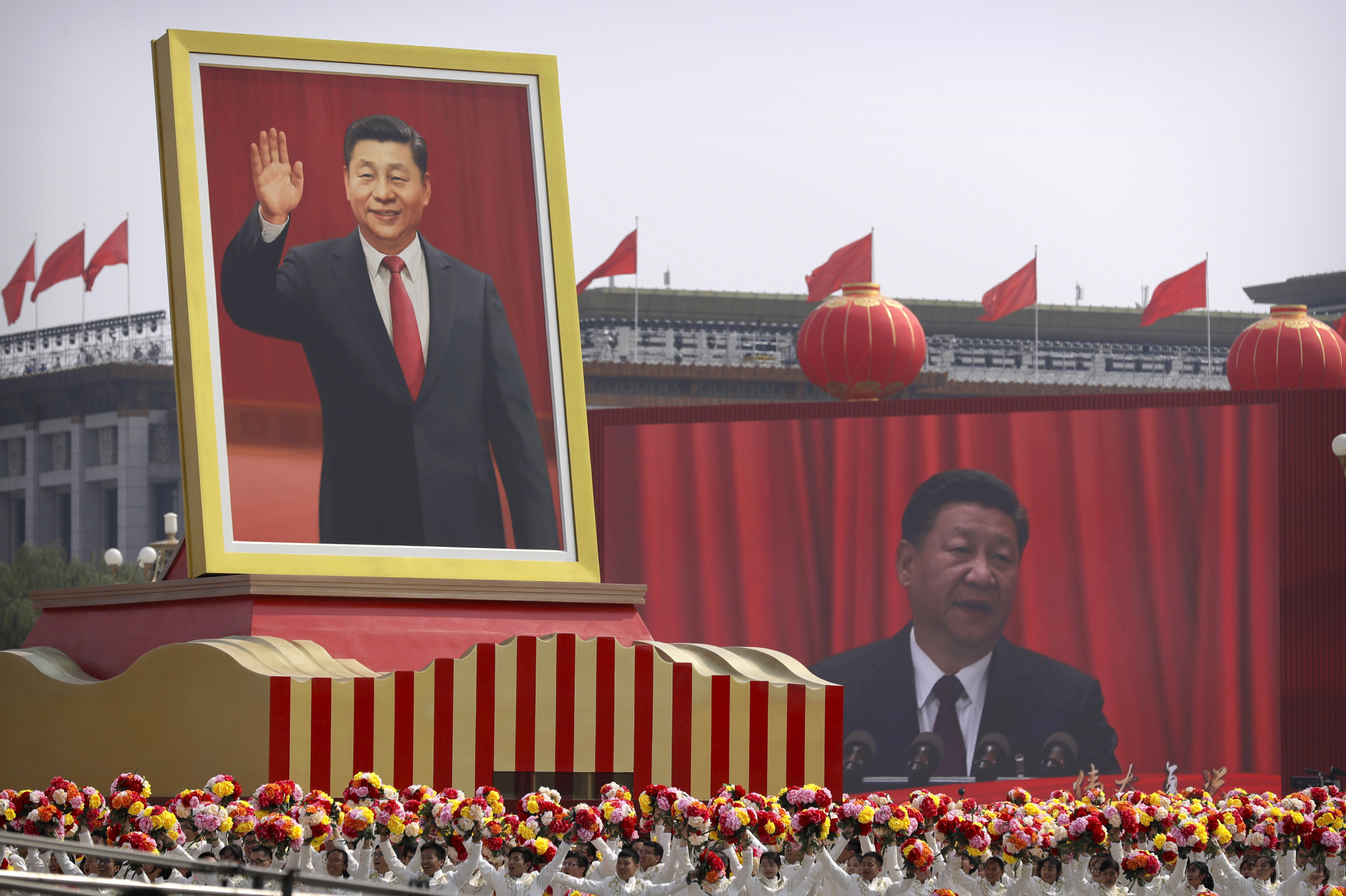The celebration of the 70th anniversary of the founding of the People's Republic of China on Oct. 1 was an exuberant affair, involving glitzy cultural events, an extravagant state dinner attended by Chinese and foreign luminaries and a grand military parade in Tiananmen Square. And, at a time of high tensions with U.S. President Donald Trump's administration, it was imbued with an extra dose of patriotic enthusiasm. But while China has much to celebrate, it also has much work to do.
The first 30 years of rule by the Chinese Communist Party are judged harshly, owing to the disastrous Great Leap Forward and the Cultural Revolution. But these were not lost decades. On the contrary, major strides were made in modernizing China: local and national power grids were established, industrial capacity was strengthened and human capital rapidly improved.
As a result, China's human development indicators, on par with India's 70 years ago, surged ahead. From 1949 to 1979, the literacy rate rose from below 20 percent to 66 percent and life expectancy increased from 41 to 64 years. All of this set the stage for Deng Xiaoping's program of "reform and opening up," which unleashed China's rapid economic growth and development over the last 40 years.



